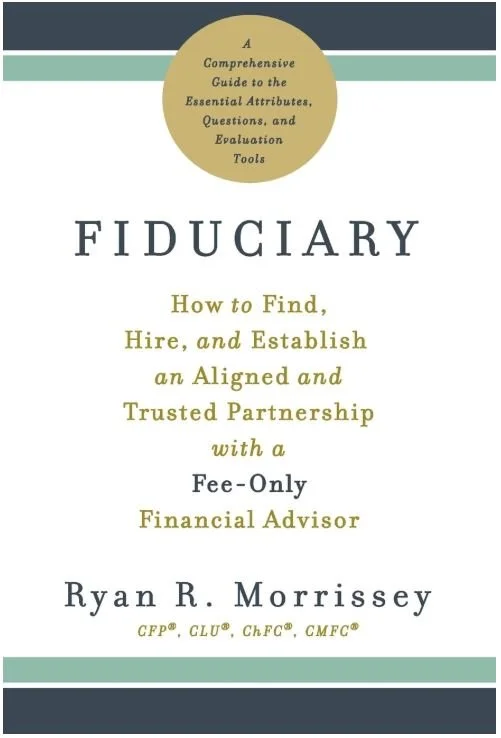Can Elon Musk and Doge Take Away My Social Security Benefit?
Recently, there's been a wave of significant cuts happening under President Trump’s administration. Many of these cuts are tied to the efforts of the Department of Government Efficiency, commonly known as DOGE, which is being led by none other than Elon Musk.
While these cuts have sparked various concerns, one of the most common questions I’ve received from my readers revolves around the future of Social Security—specifically, whether any of these changes could affect Social Security benefits or the program’s long-term solvency.
In this post, I’ll break down what’s happening with Social Security, address your concerns, and share some insights on how you can maximize your benefits in the long run.
What Exactly Is DOGE?
DOGE (short for the Department of Government Efficiency) was established as part of President Trump’s drive to improve government operations.
Elon Musk currently heads this team, which is focused on finding ways to cut waste and inefficiency within various government sectors. One area under scrutiny is Social Security, with a focus on identifying potential fraud and waste within the program.
During President Trump’s State of the Union address, Social Security was highlighted, sparking conversations about potential cuts or changes to the program. But here’s the thing: While it’s important to address fraud and waste, it seems like there’s less fraud within Social Security than originally anticipated.
In fact, some of the problems are attributed to outdated systems, which is good news because it means fewer people are receiving benefits they shouldn’t be.
Could the DOGE Actually Cut Social Security Benefits?
A reader recently asked whether the Dodge Commission could cut Social Security benefits, either for current beneficiaries or those eligible in the future.
To clarify, Congress, not President Trump or DOGE, controls Social Security. This means that any changes to Social Security, including cuts or changes to benefit formulas, would require an act of Congress.
In fact, President Trump has expressed a desire for Social Security benefits to be distributed more efficiently and quickly, not reduced or canceled.
This echoes his recent support of the Social Security Fairness Act, which was signed into law by President Biden. This act helps individuals like teachers and state employees who hadn’t paid into Social Security receive the benefits they were previously denied.
So, it’s unlikely that President Trump or DOGE will make cuts to Social Security benefits.
Social Security’s Long-Term Solvency
Let’s shift gears and talk about Social Security’s long-term solvency. Social Security is primarily funded through payroll taxes, and as long as enough workers are contributing, the system remains solvent.
However, according to the latest report from the Social Security trustees, Social Security could face shortfalls by 2035. Without changes, the trustees predict that only about 82% of benefits would be payable at that time, which means a potential 18% cut in benefits for everyone receiving Social Security.
Now, before you panic, keep in mind that this problem is still about 9 years away, and Congress has historically stepped in before things reach a crisis point.
The last major fix occurred in 1983, ensuring Social Security’s solvency for more than 40 years. So, while there are issues to address, I’m confident that Congress will act, just as they have in the past, to ensure the system remains solvent for the long-term.
Should You Collect Your Benefits Now or Wait?
If you’re concerned about potential cuts to Social Security, it may be tempting to claim your benefits as soon as possible. However, there are a few important factors to consider before making this decision.
First, waiting to collect your benefits can result in a higher monthly payout. For every year you delay taking Social Security after reaching your full retirement age (typically around 67), your benefit increases by about 8%. This can add up significantly over time, especially if you’re in good health and plan to live longer.
Additionally, once you start collecting Social Security, you’ll receive annual cost-of-living adjustments (COLAs), which are designed to keep pace with inflation.
The most recent COLA for 2025 was 2.5%, and it’s likely that future adjustments will continue to reflect inflation trends, which can help your benefits keep up with rising costs.
But here's the thing: if you start collecting your benefits early, there are limits on how much income you can earn without affecting your benefit payments.
If you’re under full retirement age, the earnings limit is about $23,000, and it increases to $60,000 in the year you reach full retirement age. If you earn more than these thresholds, your benefits may be temporarily reduced, though you won’t permanently lose the money—once you reach full retirement age, the reductions are lifted.
What’s the Bottom Line?
So, should you collect your benefits early or wait?
The decision ultimately depends on your personal circumstances. If you need the income now and can’t afford to delay, it may make sense to start collecting early.
However, if you can afford to wait, delaying your benefits will likely provide you with a higher monthly payout in the future, plus the added benefit of cost-of-living adjustments.
In terms of DOGE or any potential cuts to Social Security, I wouldn’t lose sleep over it.
The program is controlled by Congress, and changes to Social Security usually require significant legislation. While there’s a short-term solvency issue that needs to be addressed, I’m confident that Congress will step up and prevent a worst-case scenario.
If you have a question or topic that you’d like to have considered for a future episode/blog post, you can request it by going to www.retirewithryan.com and clicking on ask a question.
As always, have a great day, a better week, and I look forward to talking with you on the next blog post, podcast, YouTube video, or wherever we have the pleasure of connecting!
Written by Ryan Morrissey
Founder & CEO of Morrissey Wealth Management
Host of the Retire with Ryan Podcast



